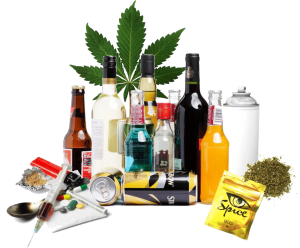People suffering from addiction most times do not know they are addicted.
When the signs are glaring, they remain in denial. If you suspect that you or your loved one might be going through addiction, there are some signs that you can use to confirm your suspicion.
These signs are quite different from what is portrayed by the media, it ranges from the minute to the obvious ones. The signs of substance or behavioral abuse can be physical and behavioral:
Physical Signs:
Physical Appearance: If you have abused alcohol and drugs for a long time, it will cause a total change in your appearance. It may be in the form of sudden weight loss or weight gain. It may also be a sudden lack of interest in personal grooming.
Minor body changes: There may be changes in your eyes and skin due to the side effects of the drug you are using. It could be bloodshot eyes, dilated pupils, an unusual puffiness in the skin, or flushed skin.
The constant presence of equipment for substance use: When there are always objects like razor blades, cutup straws, cigarette wrapping papers available around a person, there might be an addiction problem.

Behavioral Signs:
Non-compliance with rules: You may find it hard to adhere to limits you place on yourself concerning substance use no matter how hard you try.
Withdrawal: Reclusive behavior and paranoia are side effects of some drugs when abused. When you no longer have any interest in relating with your community and prefer to be in isolation.
Irregular sleep patterns: Most substances affect the hormonal system of a person responsible for staying awake or falling asleep. When you consistently oversleep or stay awake during sleep periods, you should watch out for a substance abuse problem.
If you find any of these signs in you or your loved ones, seek the help of an intervention specialist or a drug abuse rehabilitation program to begin your journey to recovery.







